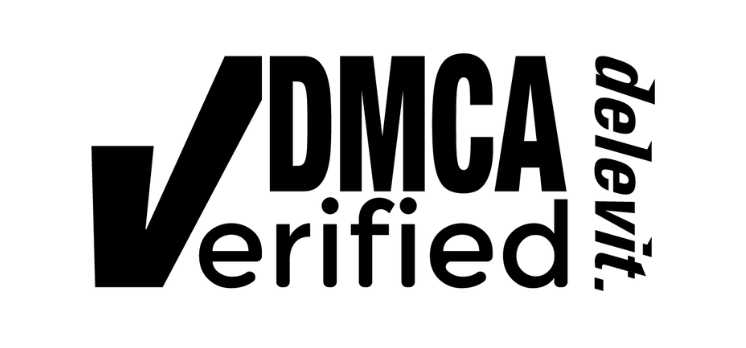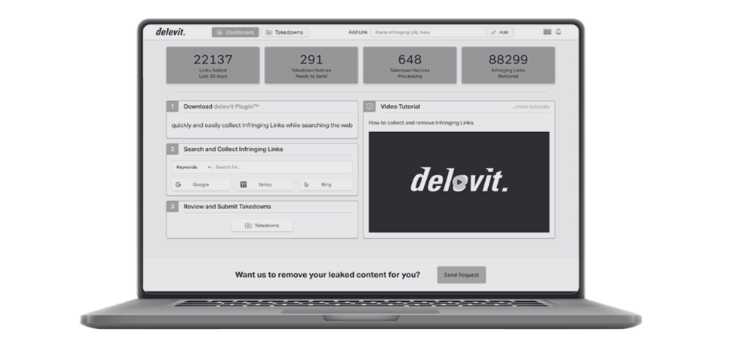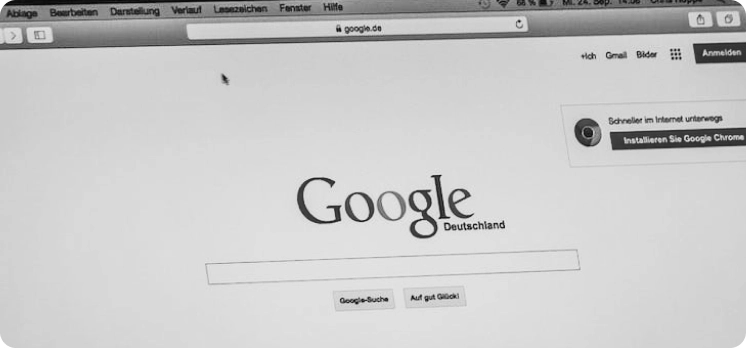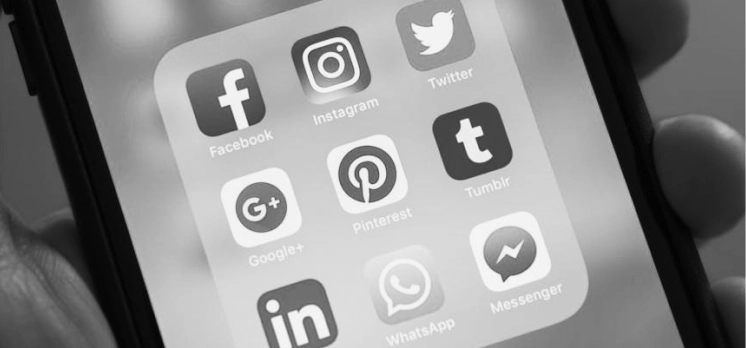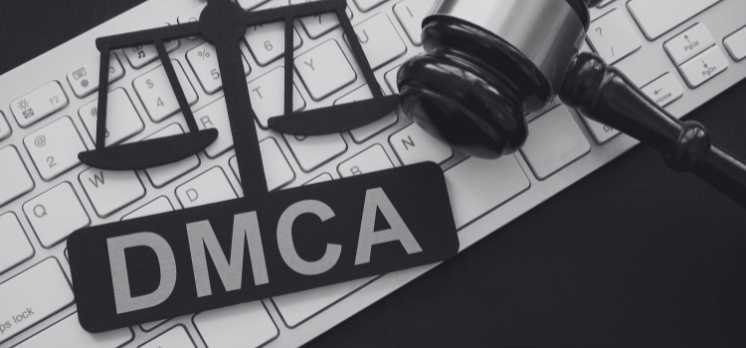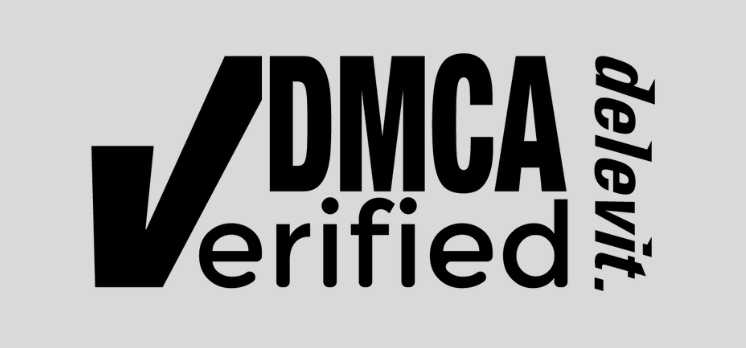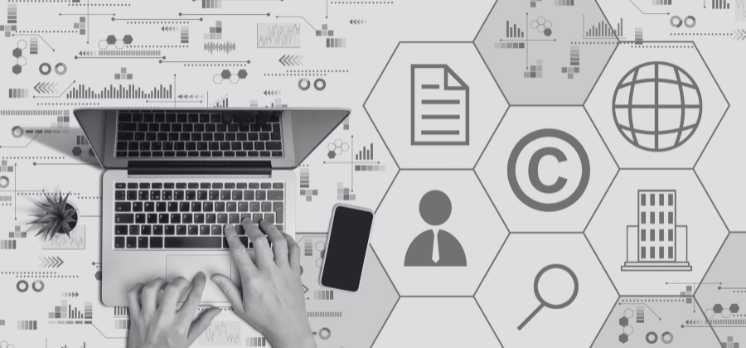The Digital Millennium Copyright Act (DMCA) is a cornerstone in digital copyright protection. Understand its facets, and leverage them to protect and advocate for your creative works. Join us as we break down the key components that make up the DMCA.
Key DMCA Components
- DMCA Law The overarching legal framework that harmonizes the operations of online service providers with the rights of copyright holders, promoting a safe and encouraging environment for creators. Learn more about DMCA Law here.
- Copyright Registration Initiating a formal record of your copyright with the U.S. Copyright Office is not obligatory but recommended. It endows you with fortified legal defenses and could potentially result in higher damages in case of litigation.
- DMCA Takedown Notices A pivotal enforcement instrument, this notice empowers copyright holders to formally request the removal of unauthorized uses of their material online. The request is made to service providers hosting the infringing content, setting off a structured process to regain control over one's intellectual property.
- Counter Notices This tool provides a pathway for entities to argue against a takedown notice if they believe the content was unjustly removed. It's a means to seek redress and potentially restore the content, initiating a legal discourse on the rightful use of the material.
- Automated Detection Tools Platforms often deploy these tools for proactive management of potential copyright infringements. They help in early detection and control of unauthorized content distribution, though they can often raise concerns over accuracy and overreach.
- Misrepresentation Penalties The DMCA imposes penalties for false claims in takedown or counter-notices, a measure to curb misuse and promote fair play. This mechanism ensures that parties engage in truthful representation during disputes.
- Designated DMCA Agents Designating and Registering DMCA agents is essential for platforms with user-generated content. These agents manage and respond to takedown notices, ensuring the platform's compliance with DMCA's regulatory framework, thereby availing safe harbor protections.
- Safe Harbor Provisions Online service providers can shield themselves from legal liability arising from user actions, through compliance with these provisions. Adherence to a structured process including responding to takedown notices diligently safeguards them from potential lawsuits.
- Anti-Circumvention Provisions This section prohibits actions that bypass technological measures set up to protect copyrighted works. It endeavors to preserve the integrity of digital locks that creators use to safeguard their content.
- Subpoena Provision Copyright holders can leverage this provision to request subpoenas to unearth the identities of alleged infringers. It is a critical tool in holding violators accountable and protecting copyrighted material.
- Repeat Infringer Policy Platforms are obliged to institute a reasonable policy to address users who repeatedly infringe on copyrights. This promotes a healthy digital ecosystem by discouraging recurrent violations.
- Statutory Damages In case of proven infringement, copyright holders can claim statutory damages in the amount between $750 to as much as $150,000 for willful infringement. These amounts are per instance of infringement and can very quickly add up! This acts as a financial deterrent against potential violators, underlining the seriousness of copyright infringements.
- Fair Use Doctrine Though not formulated under DMCA, this critical legal doctrine permits limited use of copyrighted material without requiring permission. It’s a nuanced defense that encompasses scenarios like commentary, news reporting, educational use, and more.
- Intermediary Liability This aspect delineates the obligations and potential liabilities of intermediaries, including hosting companies and other internet service providers in copyright enforcement. Being a central cog in the digital space, understanding the role of intermediaries is essential.
- Alternative Dispute Resolution (ADR) ADR provides a venue outside formal court systems to resolve disputes, offering solutions like arbitration and mediation. It is often faster and potentially less contentious, facilitating amicable resolutions with reduced financial implications.
- Preservation of Material for Litigation It necessitates service providers to retain removed materials for a stipulated period to facilitate potential litigation. It serves as a safeguard to ensure evidence is available if legal proceedings ensue.
- Education and Awareness Avenues for educating both users and creators on their respective rights and obligations under the DMCA are integral. They foster a respectful digital community grounded in the knowledge of intellectual property rights.
- Legal Assistance and Consultation Offering insights into where to seek legal advice or representation in complex DMCA-related issues. This is vital in navigating the legal intricacies and securing one’s rights efficiently.
Empower Your Creativity with Knowledge
Familiarize yourself with the DMCA, and stand confidently against copyright breaches. With delevit by your side, you are equipped to navigate the digital realm.
